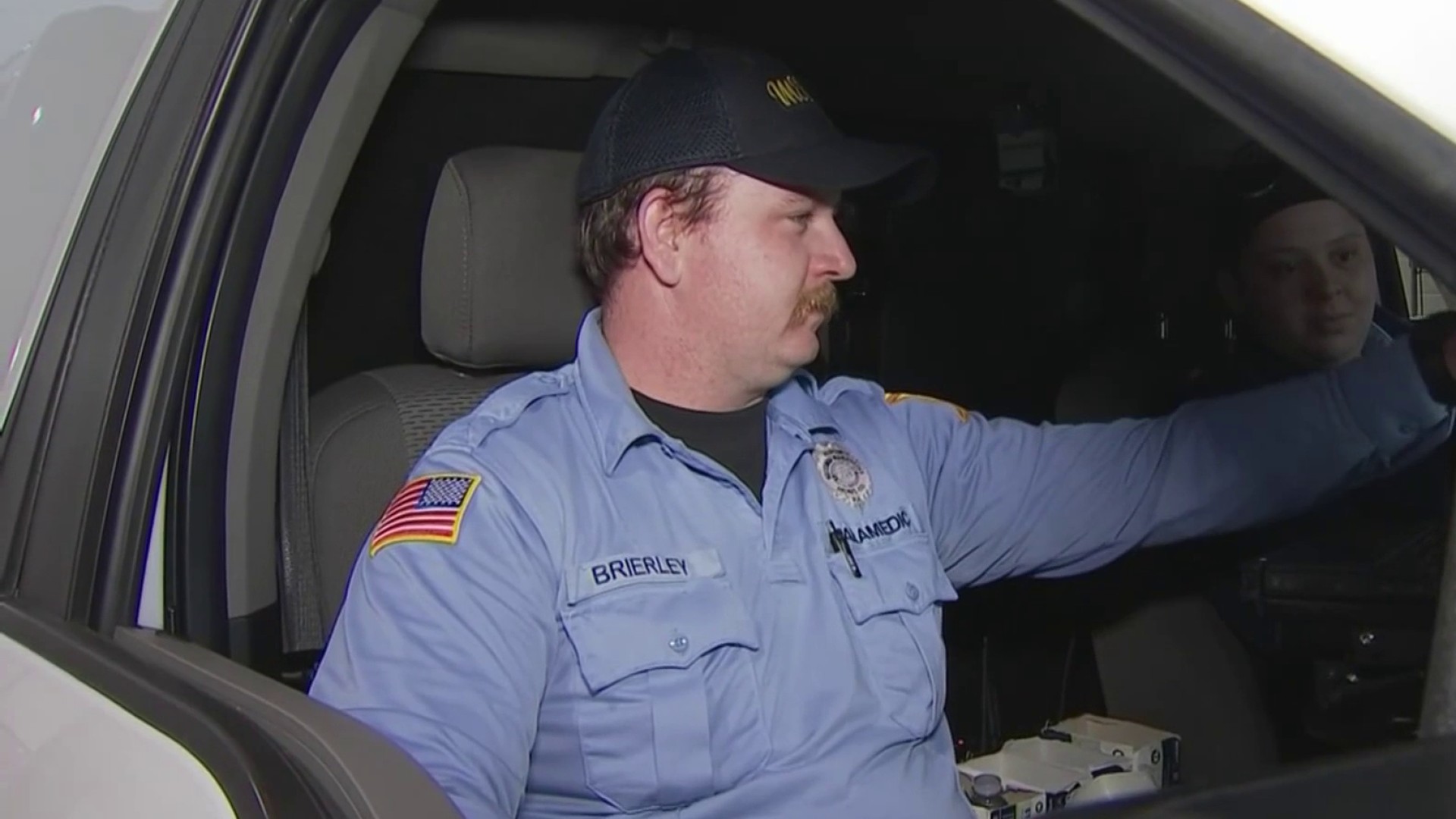Editor's note: This story has been updated to include comment from U.S. Rep. Ryan Costello, a Republican from Pennsylvania's 6th District who serves on the House Energy and Commerce Committee. It is one of two committees debating proposed Republican healthcare reforms this week.
Special needs administrators in Pennsylvania are worried that an expected Republican overhaul to Medicaid could affect, or possibly eliminate, as much as $143 million in funding for thousands of children.
About 3,000 children in Montgomery County, for instance, receive more than $12 million in Medicaid-funded services that would be in jeopardy if Congress makes significant changes, administrators said.
Low-income families, in particular, would face a much greater burden in finding ways to pay for special needs services, they said.
“My fear is this gets lost in the shuffle,” said Dr. John J. George, executive director of the Montgomery County Intermediate Unit (MCIU), the local agency responsible for overseeing Medicaid funding to children. “It is time to impress upon the legislators how this money is used. I’m not even sure they know about this, and how children would suffer.”
The first overhaul proposal, which will be introduced Wednesday by a House committee, would end reimbursements to states, and instead cap the amount of funding per student, regardless of individual level of need.
Another proposal circulating in the Senate would disburse Medicaid to the states in lump sums, described as “block grants,” at the beginning of each year.
Local
Breaking news and the stories that matter to your neighborhood.
Both proposals represent the most sweeping overhauls to Medicaid in a generation. Some budget analysts and advocates have said the proposals would decrease funding by 25 to 30 percent and leave service providers as wide-ranging as hospitals and school districts fighting for federal dollars each year.
George said block grants would fundamentally change the way Pennsylvania allocates for psychiatric services, speech and language therapy, social workers and in-school special education.

Pennsylvania’s use of Medicaid for special needs services dates to a 1988 federal law called the Individuals with Disabilities Education Act (IDEA). It's not a very stable funding method, George said, and the Republican proposals would be drastic.
“Medicaid was always intended to supplement education,” George said. “In Pennsylvania, you could argue it supplants education.”
In Montgomery County, that means the 22 school districts would have to figure out how to cover roughly $7,000 in costs for each of the 3,000 special needs children -- or the money could disappear completely.
“This would impact some of the most medically fragile children, the most vulnerable children,” he said.
The program at risk is School-Based ACCESS (SBAP), which is overseen at the state level by the Department of Human Services.
“Once you block grant a program, it diminishes over several years, and can eventually go away,” Valentina Viletto, director of MCIU’s community and government relations, said. “When you hear about privatization, this is the beginning of that kind of process. This is a national issue.”
In Washington D.C., school funding advocates have started sounding the alarm about proposed Medicaid changes.
Sasha Pudelski, assistant director for policy at The School Superintendents Association in Washington, released a report on potential changes that claims the Republican Congress has “expressed a desire to reduce federal Medicaid spending by 25 percent by distributing Medicaid funding through a block-grant or a per-capita cap, which would shift costs to states.”
If that scenario played out, according to the January report titled “Cutting Medicaid: A Prescription to Hurt the Neediest Kids,” “schools would be forced to compete with hospitals, doctors, urgent-care clinics and other health-care centers to ensure continued reimbursement.”
Pudelski said schools’ share of Medicaid reimbursement amounts to only about 1 percent of the entire federal program.
“A state like Pennsylvania could decide not to reimburse schools a cent,” Pudelski said in an interview. “Schools, which get less than 1 percent, are not in an advantageous place to compete for this money.”
The first sign of what a refined Medicaid could look like will come during a House Energy and Commerce Committee hearing Wednesday.
U.S. Rep. Ryan Costello, R-West Chester, who is a member of the committee, said in a statement that ACCESS "deserves careful attention" as part of any healthcare reforms.
"I too share the concerns of our parents and school leaders, and I have supported efforts calling for the full funding of IDEA," Costello said.
He added that the legislation in debate "offers a framework to implement fiscal discipline within Medicaid, and in doing so, uses a data-based formula that takes into consideration Pennsylvania's unique Medicaid populations and offers Pennsylvania the flexibility to enhance existing benefits, including those offered through the School Based ACCESS program."
For officials like George and Viletto at child social service agencies, spreading the message about Medicaid funding now takes center stage.
“The whole point of being able to provide services like in-school therapeutic support staff is to avoid hospitalization, which takes a student out of the least restrictive environment,” George said. “Then there are increased hospital costs. The whole system becomes strained.”
Editor’s note: Parents who would like to share personal stories about the importance of special needs funding are urged to reach out to NBC10.com’s Brian X. McCrone by emailing him at brian.mccrone@nbcuni.com or calling him at (610)668-5540.



